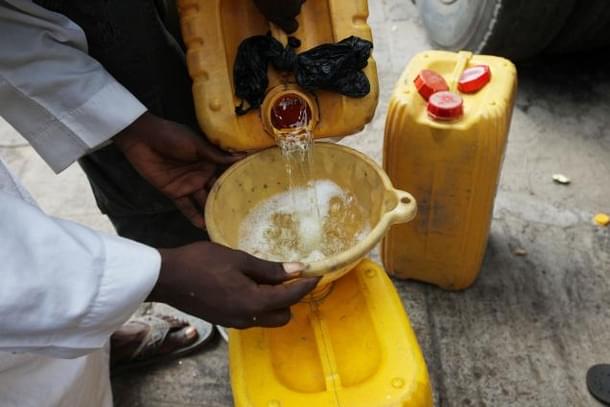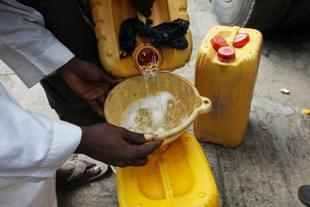Insta
JAMming Subsidy Leakages - Jharkhand Will Now Transfer Kerosene Subsidy Directly To Consumers
Swarajya Staff
Oct 04, 2016, 01:39 PM | Updated 01:39 PM IST
Save & read from anywhere!
Bookmark stories for easy access on any device or the Swarajya app.


Subsidy leakage is a major issue for both central and state governments. Consider the case of kerosene subsidies. Only 46 per cent of subsidised kerosene is consumed by households that are below the poverty line. The situation is not different when it comes to fertiliser subsidies that cost nearly Rs 70,000 crore a year. According to informed observers, large quantities of fertilisers are smuggled to neighbouring countries or diverted to other industries. Back in 2008-09, a study pegged leakages at Rs 12,000-15,000 crore.
In order to plug the leakages, the government came out with the Jan Dhan-Aadhar-Mobile (JAM) trinity. Under the JAM model, the subsidies are transferred directly through the direct benefit transfer (DBT) scheme to the intended recipient using accounts opened under Pradhan Mantri Jan Dhan Yojana. This eliminates multiple forms of leakages, from middlemen to the pilferage of subsidies by those who are not meant to receive them. The amount of the subsidy is calculated and transferred directly into the bank accounts of only those who are eligible to receive it. In order to set-up a Jan Dhan account, an applicant needs to furnish an Aadhar number which, in turn has the applicants mobile number linked to it.
Jharkhand, a BJP-ruled state, has become the first in India to implement direct benefit transfer for kerosene (DBTK). The plan aims to cut down on subsidy leakages, ensure that subsidies don’t fall into the wrong hands, reduce black market sale as well as adulteration. Under the DBTK scheme, kerosene is sold at non-subsidised rates and the subsidy amount, based on eligibility is being transferring directly to their bank accounts. In order to minimise inconvenience during initial purchase, all eligible beneficiaries are credited part of the subsidy in their accounts. Oil Minister Dharmendra Pradhan is hopeful to cover 33 districts across nine states in the current financial year. The scheme is being launched in Jharkhand, Chhattisgarh, Haryana, Himachal Pradesh, Madhya Pradesh, Maharashtra, Gujarat, Punjab and Rajasthan.
Swarajya has reported extensively on two pilot DBT programmes carried out by the Union Government. The first looked at the issues involved in cash transfer in Chandigarh. The second was on Puducherry.





